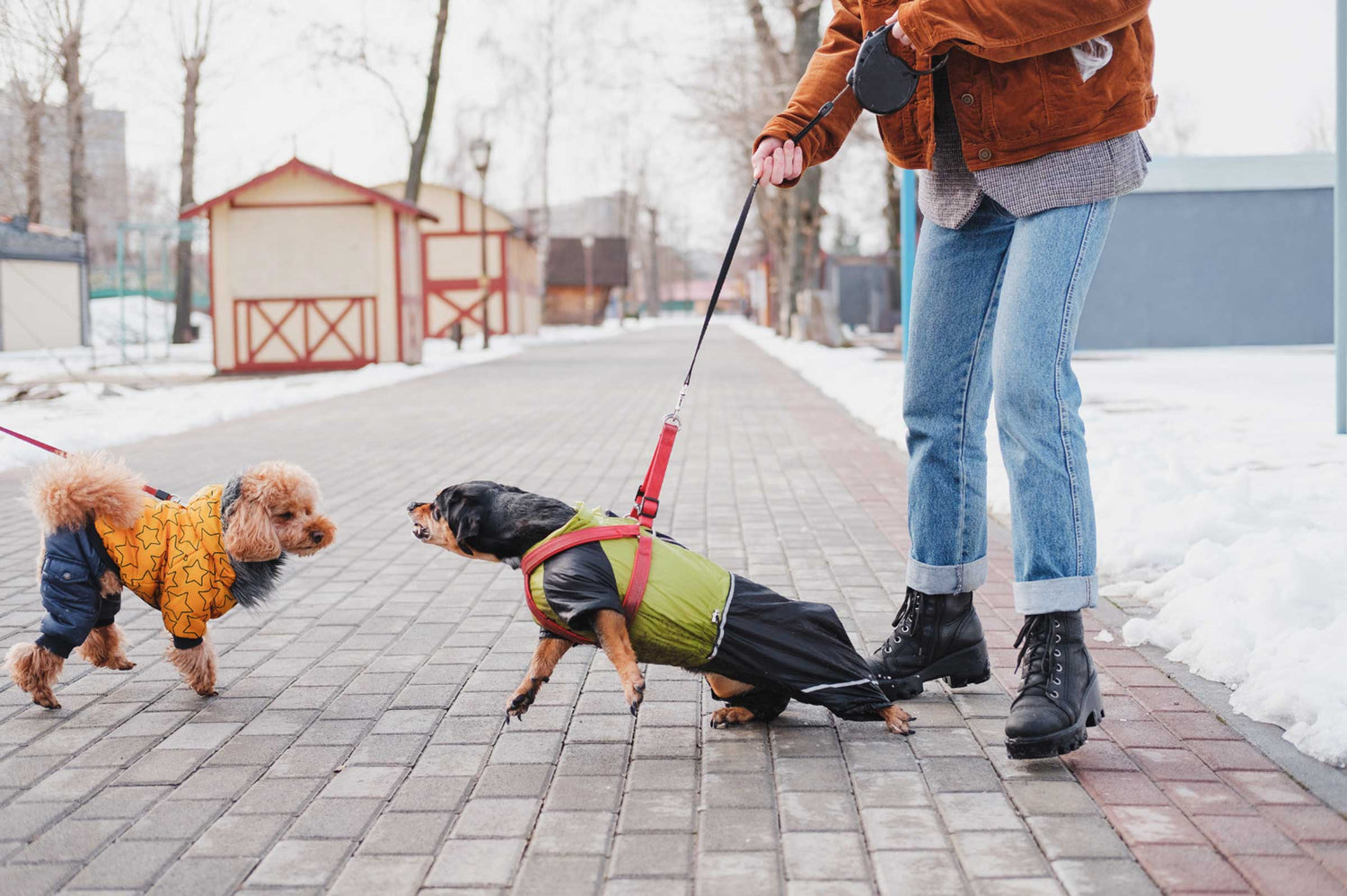Helping your dog feel at ease around other dogs and people is an important step toward their overall happiness and well-being. Socialization plays a significant role in shaping their behavior, reducing fear, and preventing unwanted aggression. A well-socialized dog enjoys new experiences and develops positive relationships with others, making outings and interactions more enjoyable for everyone involved. By approaching the process thoughtfully, you can build your dog's confidence and create a foundation for a lifetime of positive interactions.
Socialization is not a one-time task but a gradual process that requires patience and consistency. Every dog is unique, and their individual temperament will guide how quickly or slowly they adapt. With the right strategies and a supportive environment, you can help your dog thrive in various social situations, whether meeting other pets, strangers, or encountering new environments.
Start Socialization Early
Introducing your dog to new experiences early in life sets a solid foundation for positive behavior. Puppies are especially receptive to new sights, sounds, and smells during their formative weeks. Research shows that you help them build confidence and reduce the likelihood of fear-based reactions later in life.
Even if you have an adult dog, it's never too late to begin the socialization process. For older dogs, the approach should be slower and tailored to their comfort level. Start with low-pressure situations where your dog can observe and adapt without feeling overwhelmed. With consistent, positive experiences, adult dogs can learn to feel secure and comfortable around others.
Create Positive Associations
Ensuring that every social experience is enjoyable for your dog encourages them to view these interactions in a favorable light. Use treats, praise, or their favorite toy to reward calm and friendly behavior when meeting other dogs or people. By connecting social experiences with positive reinforcement, you make these moments something they look forward to rather than fear.
Avoid forcing your dog into uncomfortable situations, as this can lead to anxiety or aggression. Pay close attention to their body language, and be ready to step back if they appear stressed. Providing plenty of space and opportunities to retreat allows your dog to feel secure, fostering their willingness to engage over time.
Introduce New Experiences Gradually
Rushing the process can overwhelm your dog, so it's essential to take things at their pace. Begin with short, controlled interactions in familiar settings before gradually introducing new environments or more challenging situations. For instance, meeting one calm dog in a quiet park is often less intimidating than encountering a group of excitable pets in a busy area.
By progressing slowly, you give your dog the time they need to process each new experience. As their confidence grows, you can increase the complexity of their interactions. Remember that consistency is key, and repeating positive experiences reinforces their sense of security and trust in you as their guide.
Practice Socialization on Walks
Daily walks offer a fantastic opportunity to expose your dog to different sights, sounds, and smells. Encounters with other dogs, people, bicycles, and cars provide valuable learning moments. Keep these interactions brief and positive, allowing your dog to observe or greet others in a calm and controlled manner.
If your dog becomes anxious or overexcited, redirect their focus with commands or a favorite treat. Gradually increasing their exposure to various scenarios during walks helps normalize these experiences, making them less intimidating over time. With patience and practice, your dog will learn to navigate the world with greater ease and confidence.
Seek Professional Support When Needed
Some dogs may require extra support during the socialization process, particularly if they have a history of fear or aggression. Enlisting the help of a professional dog trainer or behaviorist can provide valuable guidance tailored to your dog's specific needs. A skilled trainer can help you identify triggers and develop a customized plan to address them effectively.
Group training classes or structured play sessions are also excellent ways to practice socialization in a controlled setting. These environments offer your dog the chance to interact with others under the guidance of experienced professionals, helping them build positive associations and improve their social skills.
Conclusion
Helping your dog become more confident around other dogs and people is a rewarding journey that benefits both you and your pet. Through early exposure, positive reinforcement, gradual introductions, and consistent practice, your dog can learn to navigate social situations with ease. If challenges arise, seeking professional guidance ensures that you’re providing the best support for your dog’s unique personality and needs.
For additional support in keeping your dog healthy and stress-free, consider incorporating VetSmart Formulas supplements into their routine. These supplements are designed to enhance your dog's overall well-being, giving them the best chance to thrive in every aspect of life.











